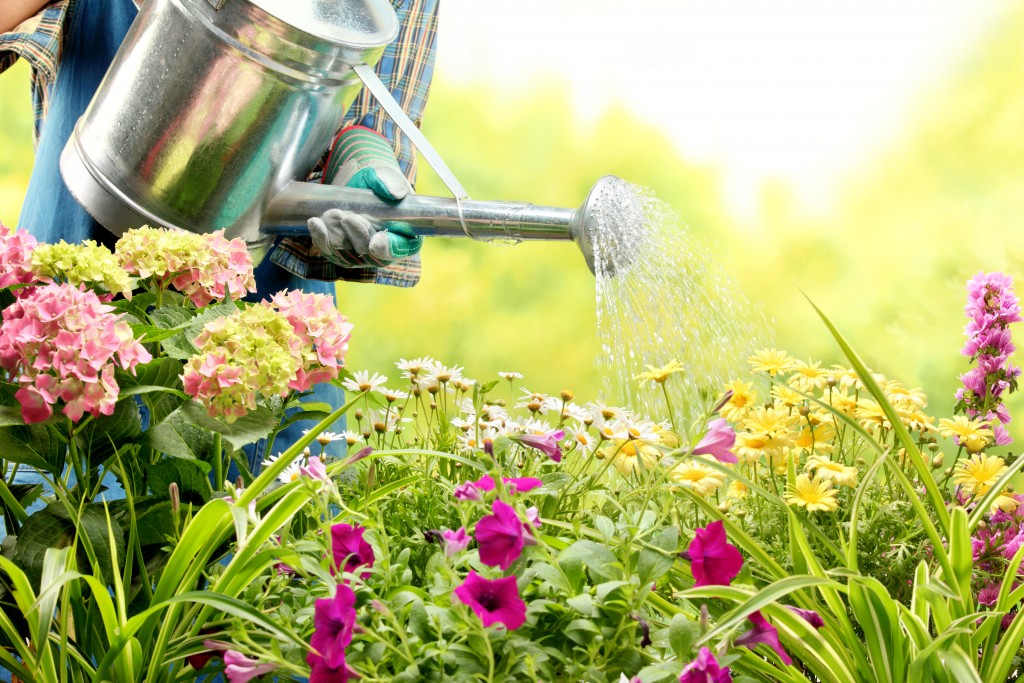Many cities all over the world are on lockdown, and people are relegated to staying inside their homes. Busy cities such as Rome, Tokyo, and London are now quiet for the first time, as tourism is down and many local hotels are closed. Some residents are relishing the peace. But many who live in small and affordable accommodations in the London area are hankering for something else: the chance to enjoy the great outdoors in the city.
The lockdown has closed many public areas, but there are still many visitors in many of the city’s public parks. The failure of some of these park visitors to observe social distancing guidelines has provoked much debate on access to open spaces during the city’s lockdown. The country’s health secretary, Matt Hancock, hinted that if people continue to disobey social distancing rules, it will leave the government no choice but to ban all outdoor exercise.
Restoration in Nature?
Hancock’s statement has filled many of the city’s residents with dread. There are millions of people who may not have access to a back garden. Their short trips outside to a public park to see a bit of green have been their only form of exercise.
Nature improves people’s moods and reduces anxiety. Even a short walk in a park can provide long-term benefits to one’s mental and physical health. But the lockdown has now exposed the impact of economic and social inequality: people who live in impoverished areas have no access to green spaces. As a result, their quality of life is severely affected. The UK government also recognized the shortage of open green spaces in these areas, thus the need to formulate strategies that would build green spaces.
Reconnecting Matters

The country’s National Health Service (NHS) has always promoted the value of green spaces, even more so in these days. Urban environments do not have the same calming effect on the mind and body compared to what nature does to our stress levels and brain activity.
Some public parks have remained open to give the general public a sense of normalcy, but the government requires them to follow social distancing rules. People should keep at least two meters apart, and anyone going outside should wear a mask or face shield. But the recent incidences of people not observing the guidelines have made local authorities rethink their strategy.
Labor MP Harriet Harman suggested a rotation system so that certain streets and areas can be open at certain hours. But MP Caroline Lucas suggested opening up more spaces, such as golf courses, and make t[hem available for everyone.
So what will happen after the lockdown? Nobody can say for sure when it comes to tourist attractions and theaters, but parks and other green spaces will probably see more visitors. People now realize the value of nature in their lives. Whether it be a bit of green in the backyard or a large open park where the grass and trees grow, they know they need this in the time of COVID-19.
